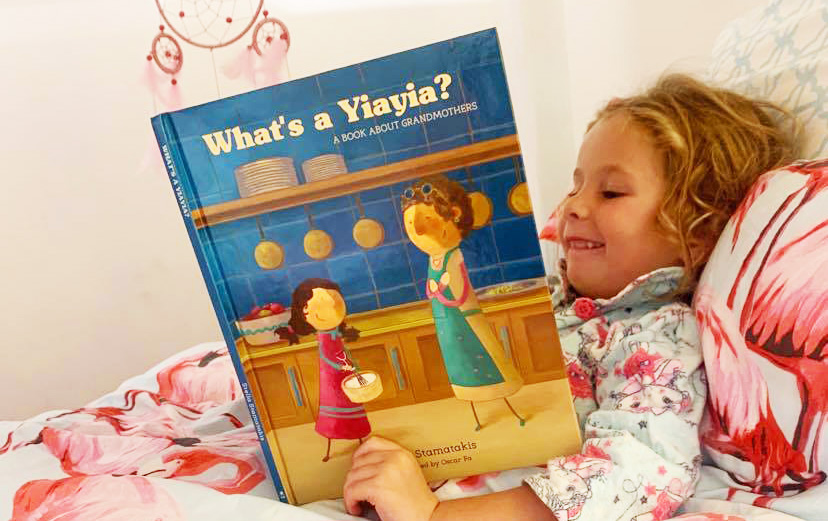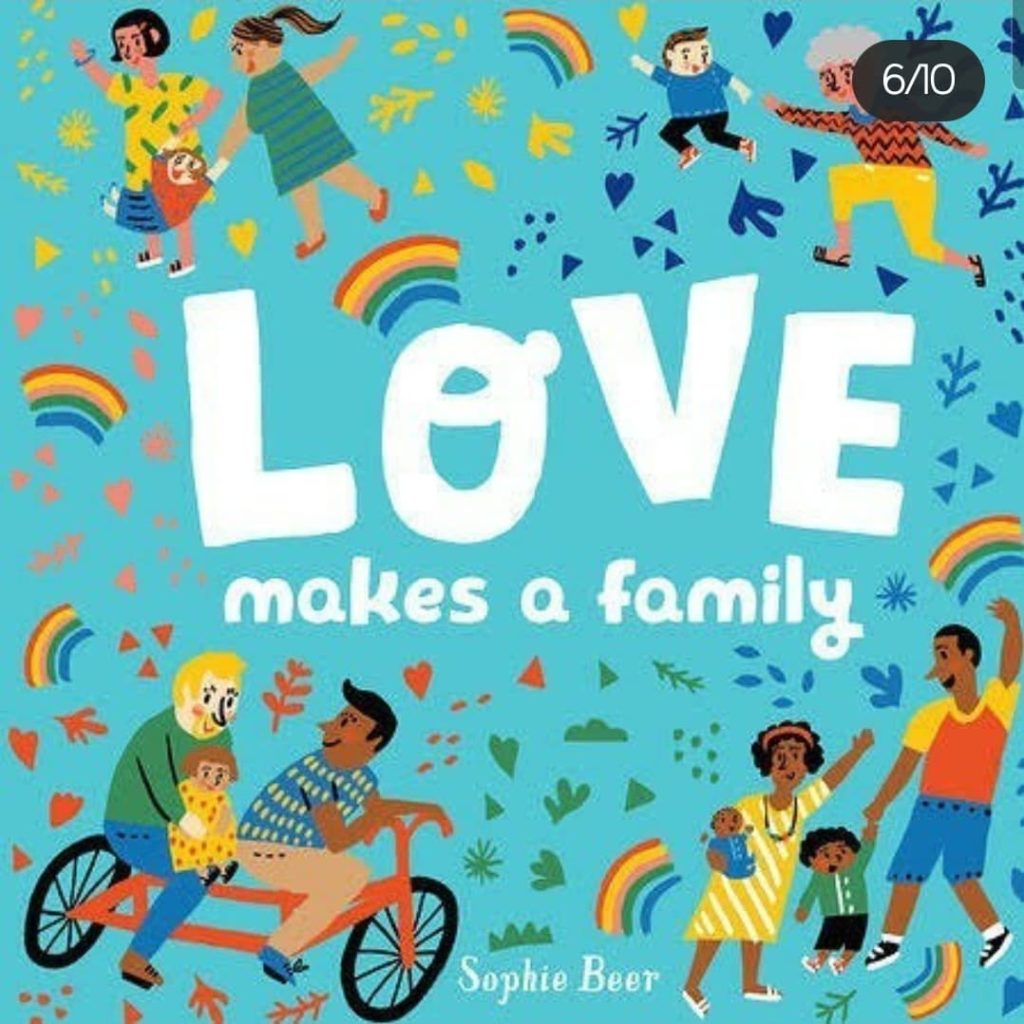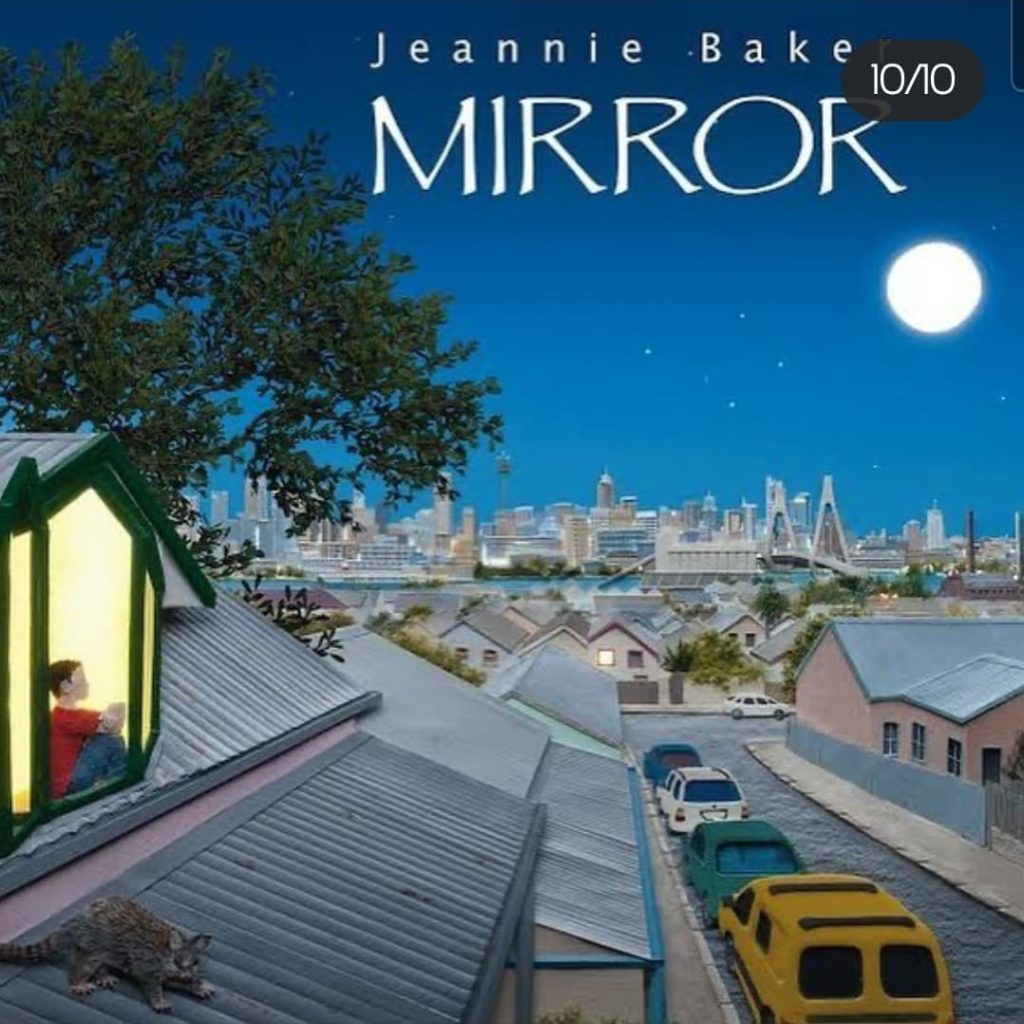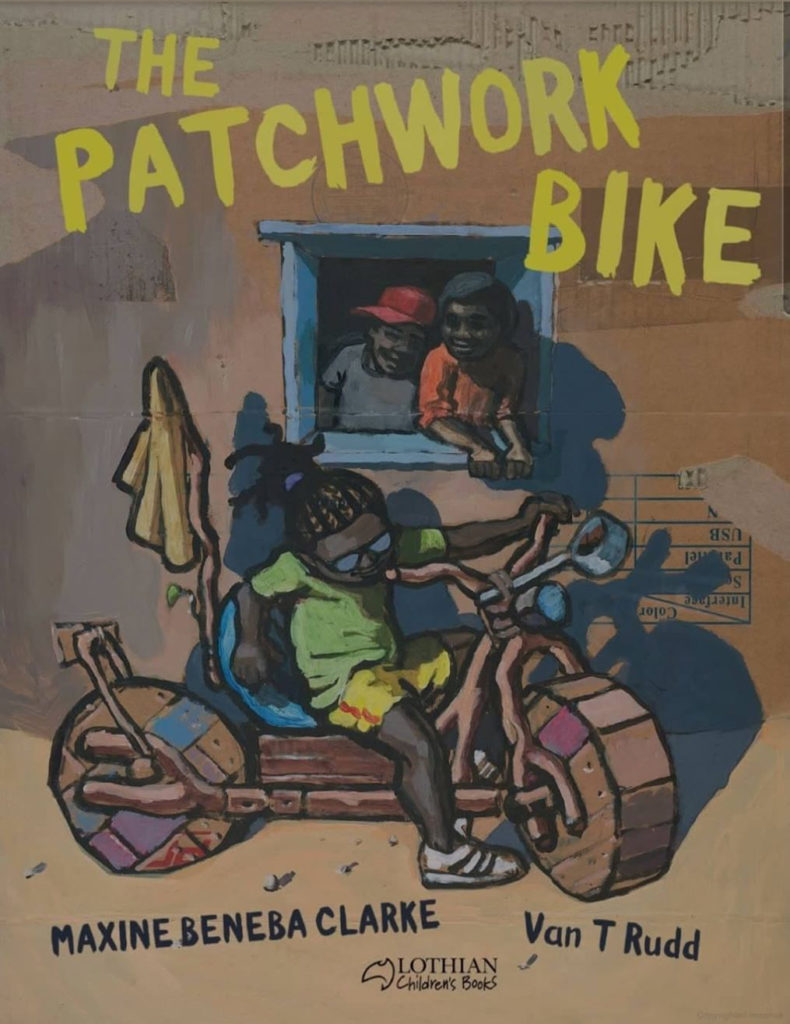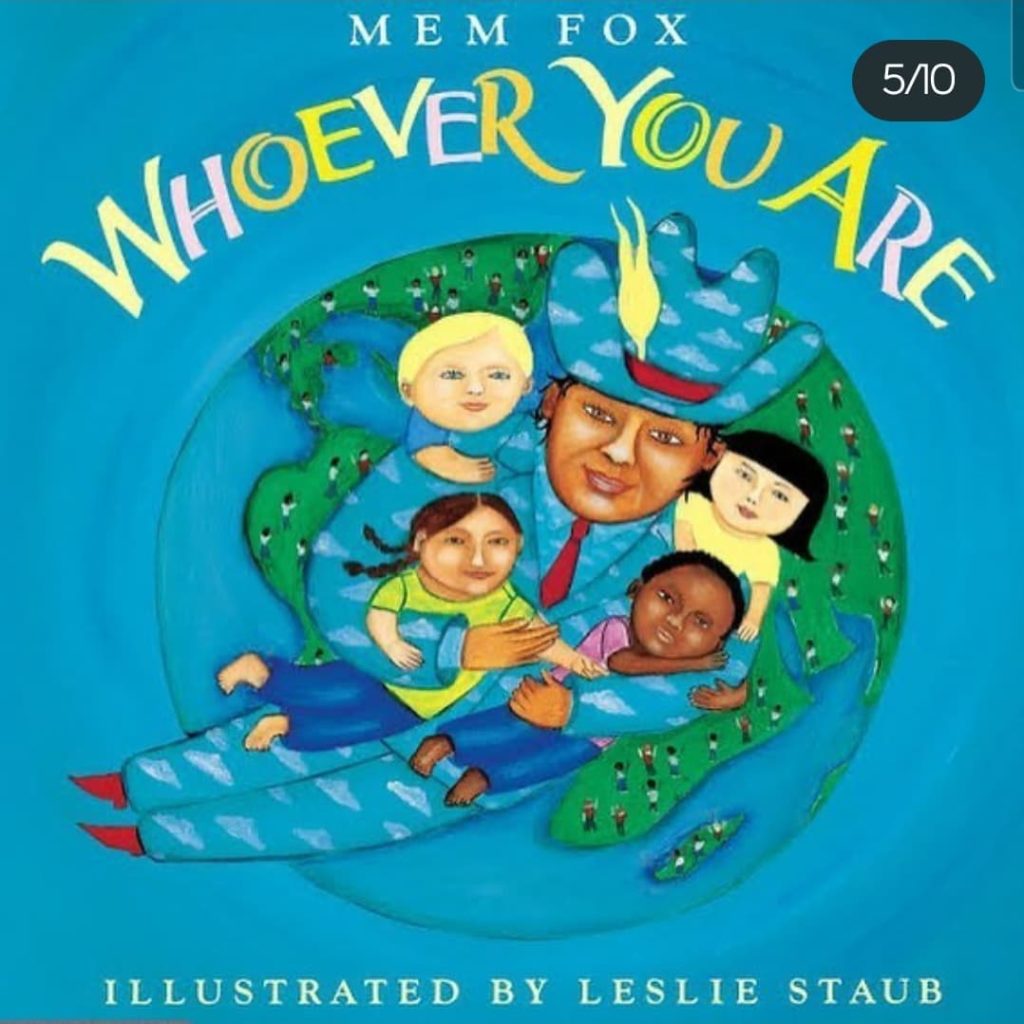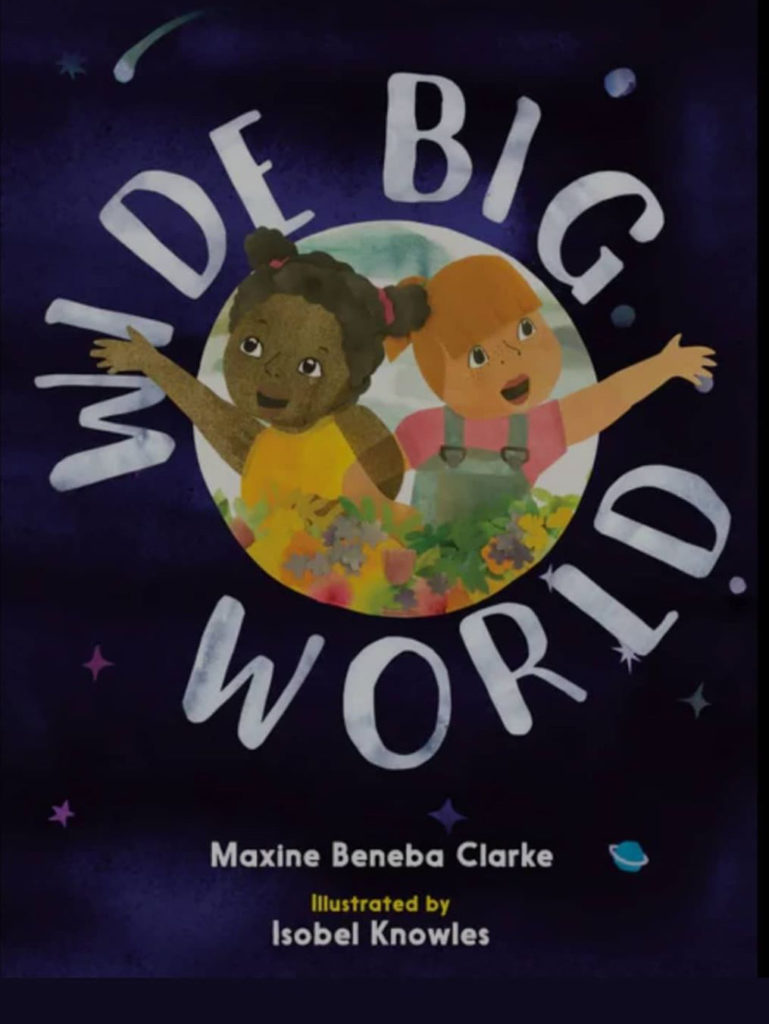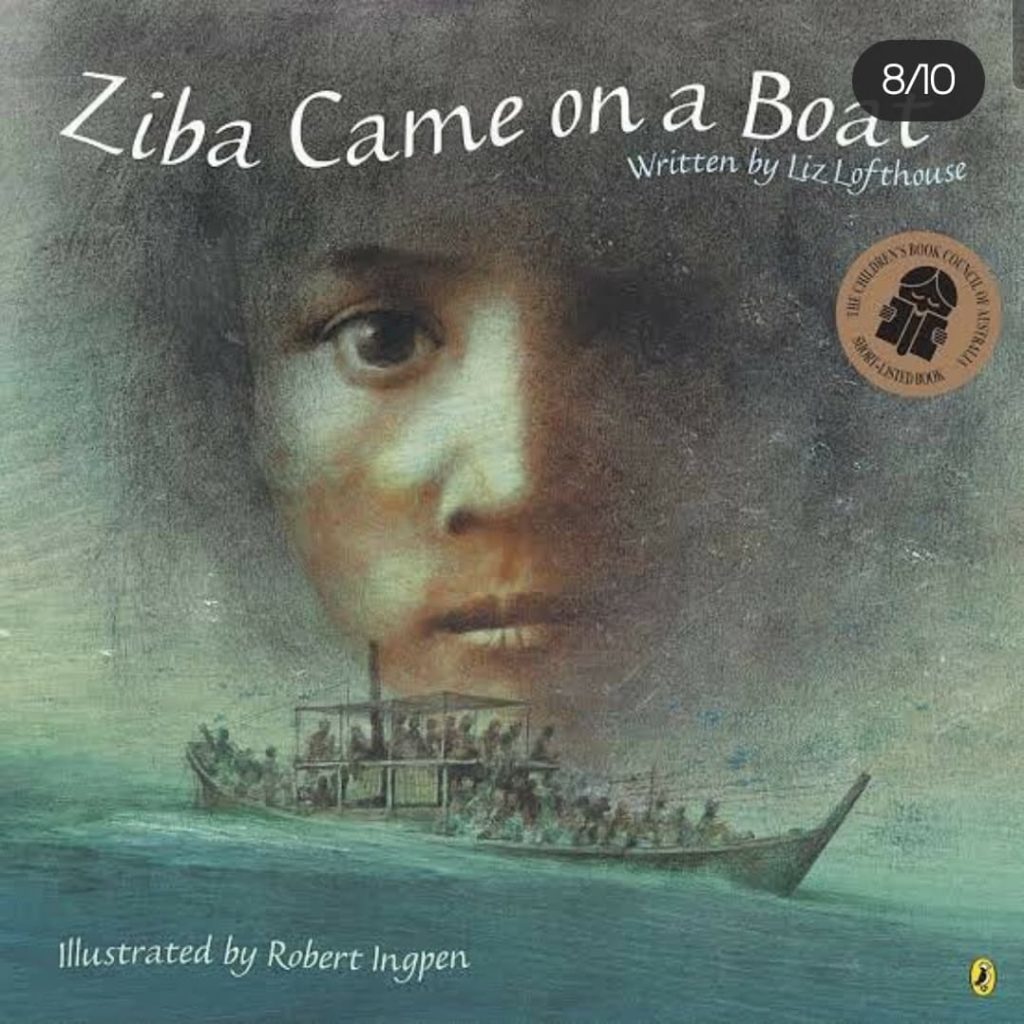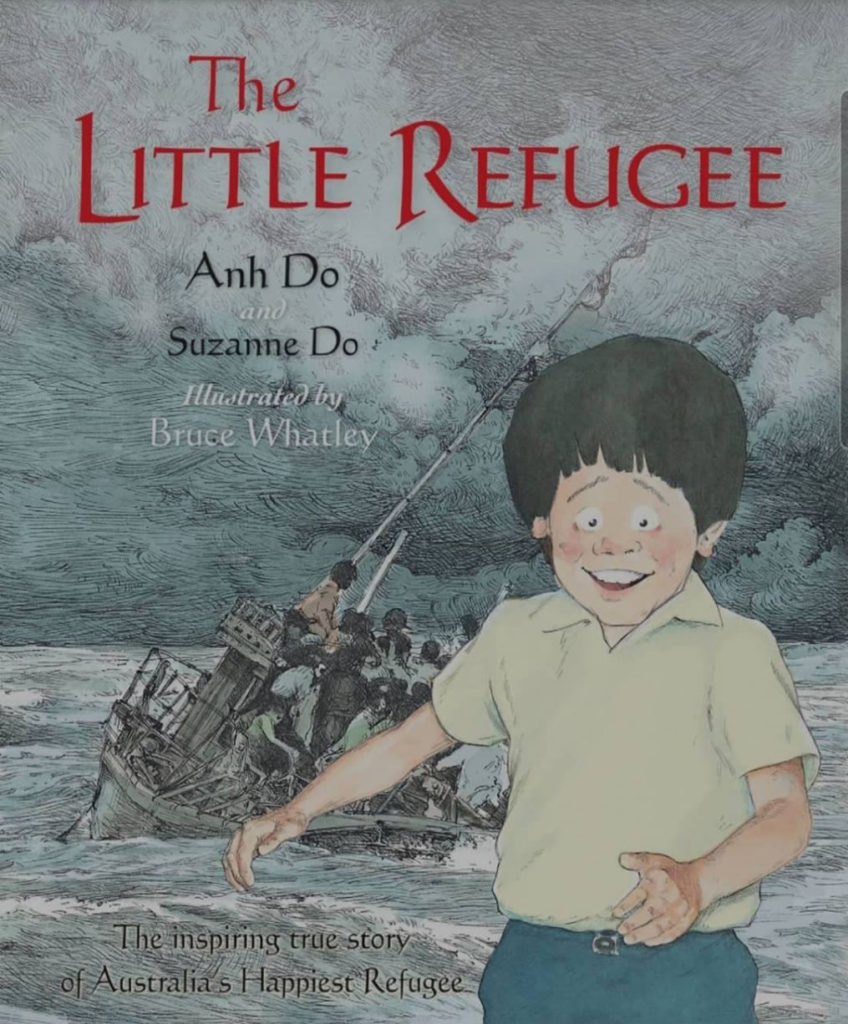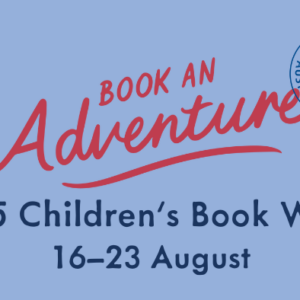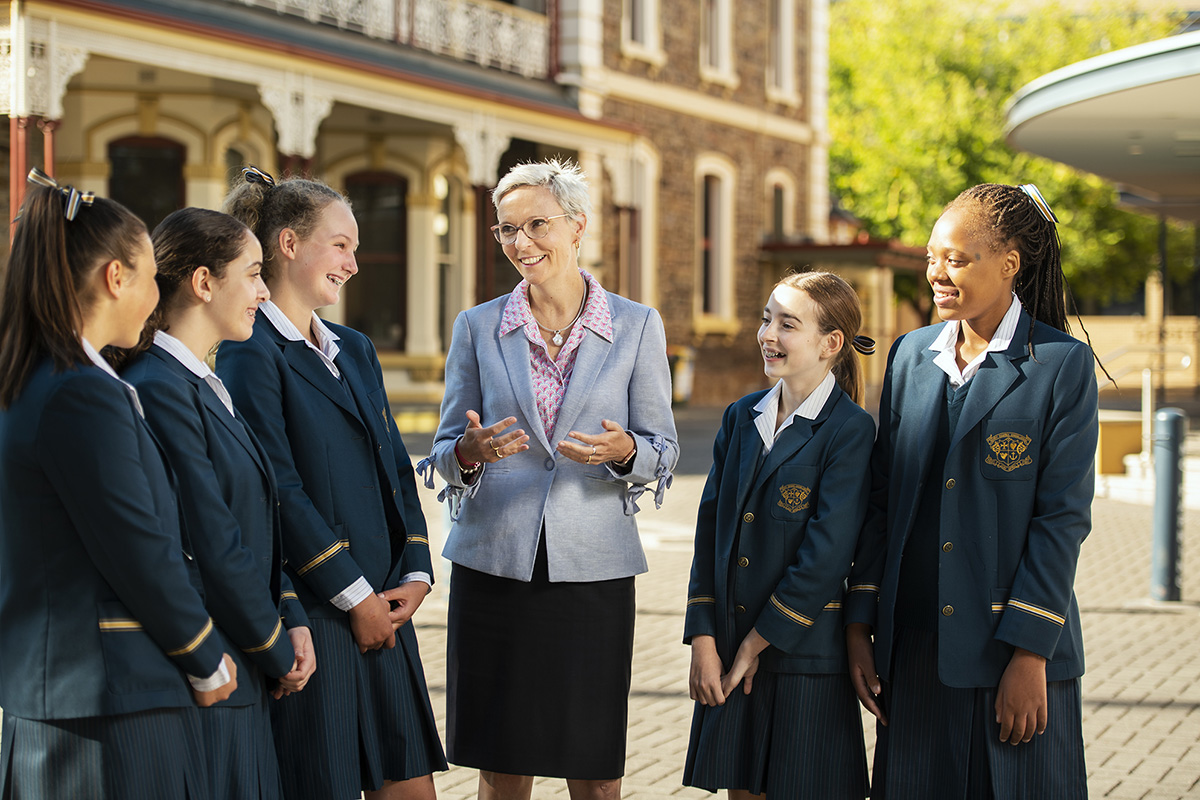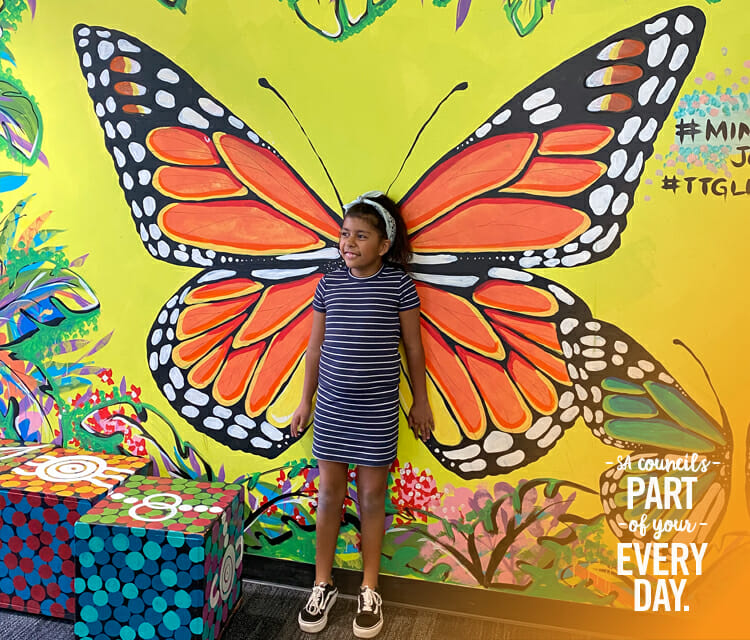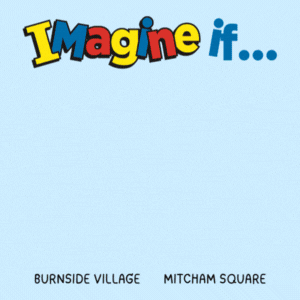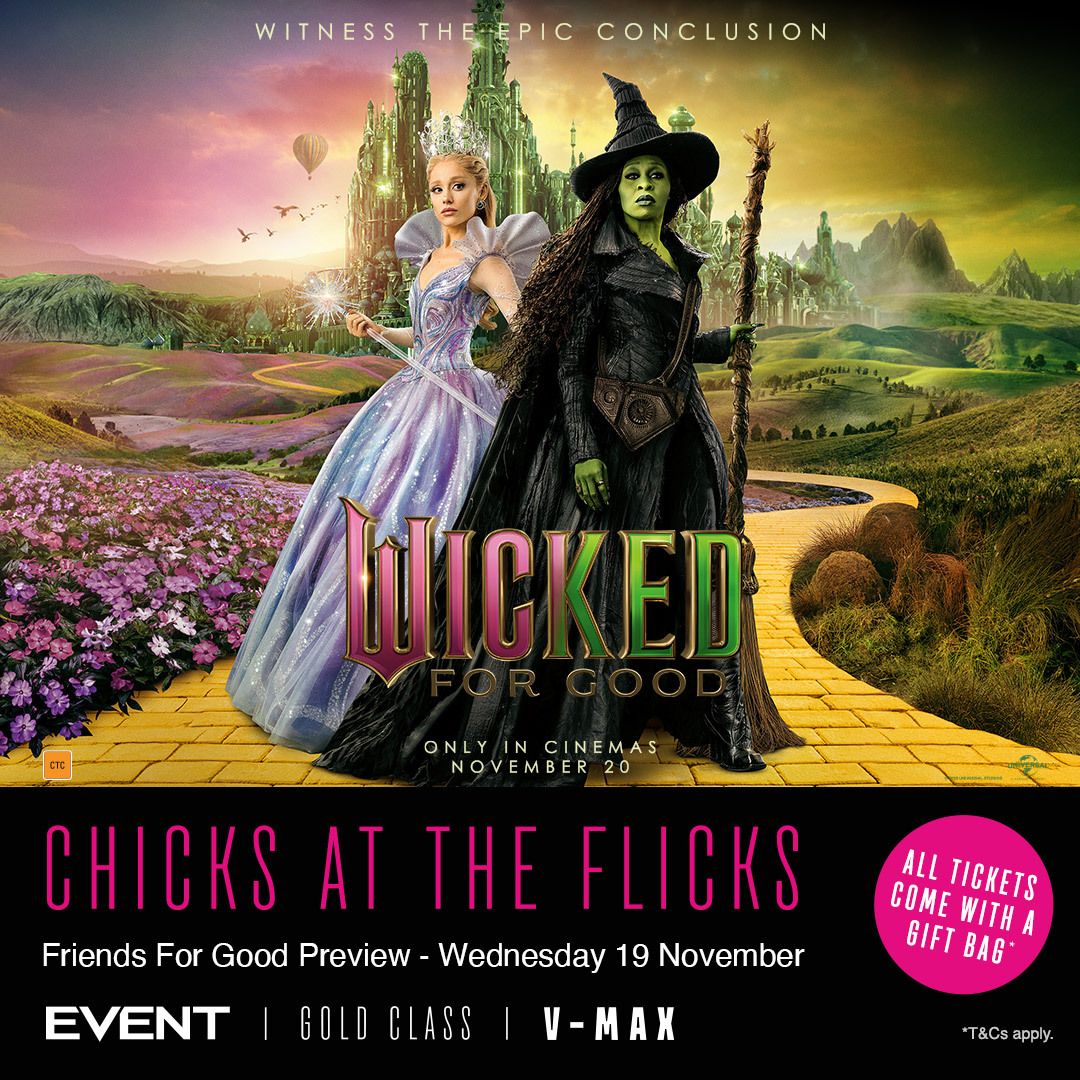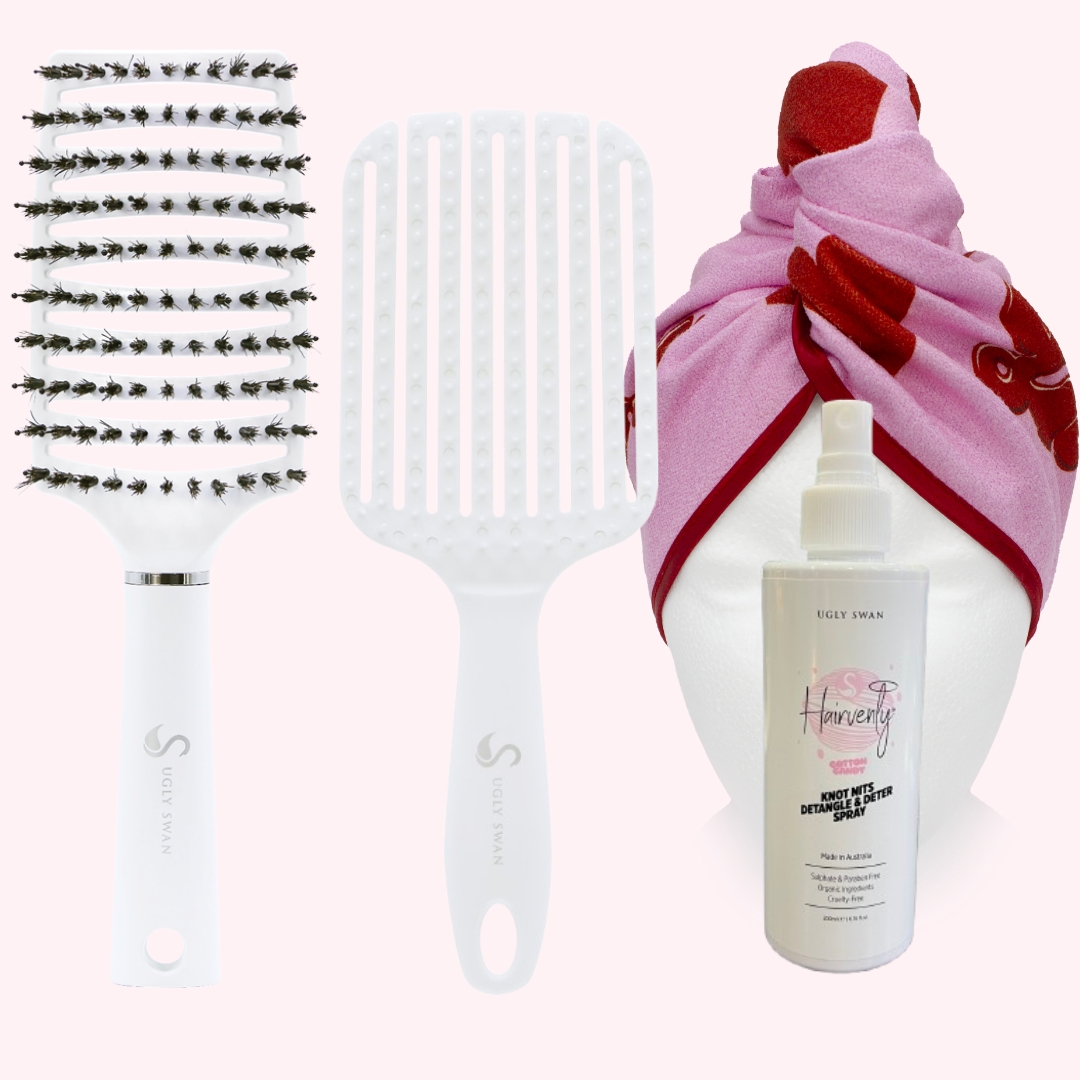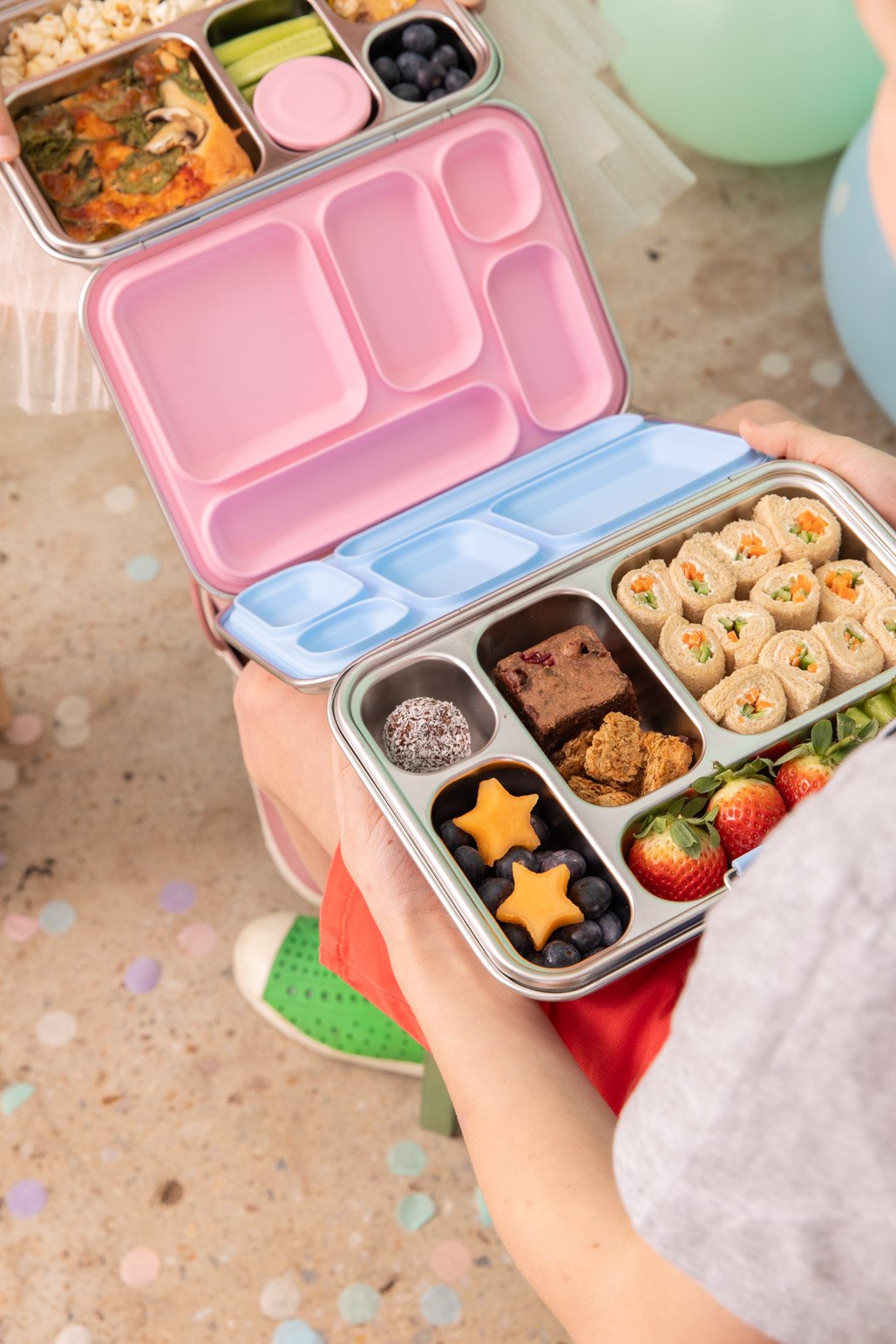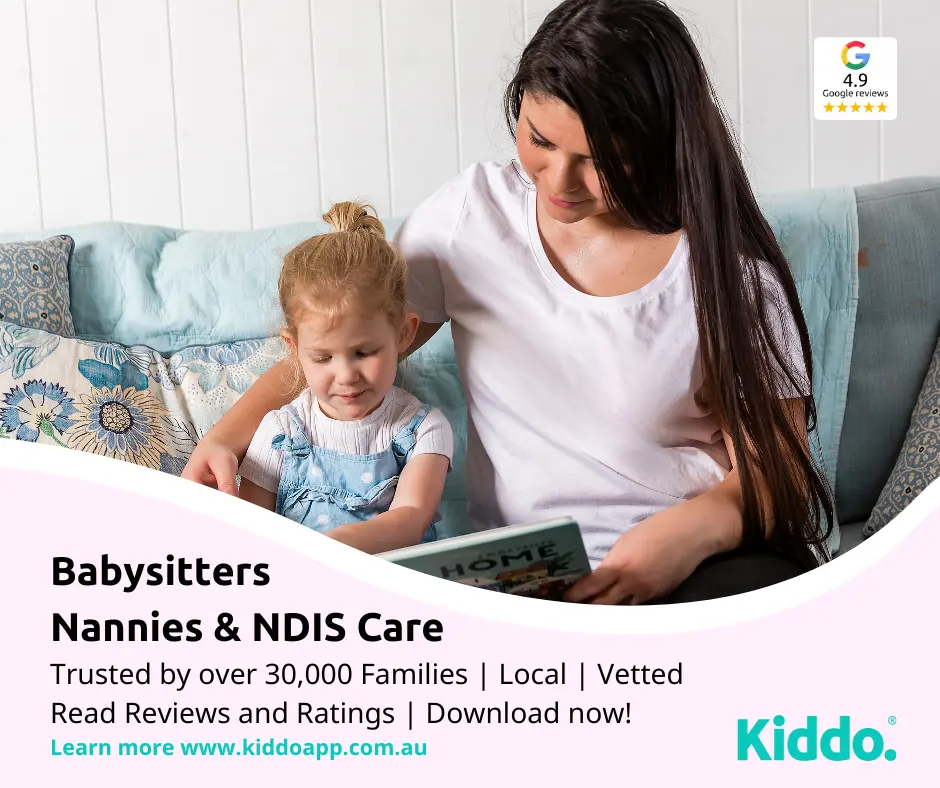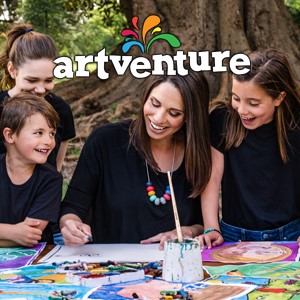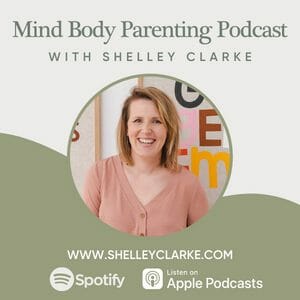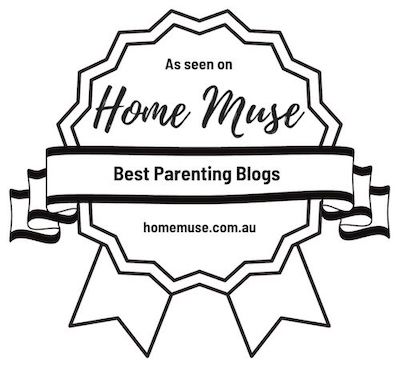I tried a million times to write an intro to this post, but I can’t think of words anywhere near as good as the below, written by Dr. Erin Winkler in 2017 and shared by theconsciouskid (IG) and by Grace on our Facebook page.
“Adults often think they should avoid talking with young children about race or racism because doing so would cause them to notice race or make them racist. In fact, when adults are silent about race or use “colorblind” rhetoric, they actually reinforce racial prejudice in children. Starting at a very young age, children see patterns — who seems to live where; what kinds of homes they see as they ride or walk through different neighborhoods; who is the most desirable character in the movies they watch; who seems to have particular jobs or roles at the doctor’s office, at school, at the grocery store; and so on — and try to assign “rules” to explain what they see. Adults’ silence about these patterns and the structural racism that causes them, combined with the false but ubiquitous “American Dream” narrative that everyone can achieve anything that they want through hard work, results in children concluding that the patterns they see “must have been caused by meaningful inherent differences between groups.” In other words, young children infer that the racial inequities they see are natural and justified. So despite good intentions, when we fail to talk openly with our children about racial inequity in our society, we are in fact contributing to the development of their racial biases, which studies show are already in place.” (Dr. Erin Winkler, 2017)
It’s our job to raise children that are not only NOT racist but also actively ANTI racist.
“Children aren’t born racist” is a statement we are seeing all over the place at the moment. And yes, this is 100% true. But something must be going wrong along the way for so many racists to still be marking the world with their hate.
One of the ways we can start and continue this important conversation is to share literature with our children from an early age regarding diversity. Teaching our children about diversity is crucial but not always easy. We all want kids to be globally minded and not just tolerant but accepting of differences – kids who see the colours and textures of this world for all their beauty. But the world will teach our kids other lessons about race when they are out in it, and it likely won’t be the peace and love messages we hope they’ll receive.
That’s why it’s critical to have our own conversations at home before this happens regarding all forms of diversity, from differences in skin colour, cultural and ethnic backgrounds, languages, disabilities and sexual orientation.
These conversations will help equip our future generations with the tools they will need to make sense of things they will (unfortunately) see and hear in the world.
There are many places parents can access current information. Here are some links we have found where parents can retrieve resources to focus on this topic at home.
>> www.raisingchildren.net.au/grown-ups/services-support/services-families/multicultural#south-australia-nav-title
>> www.plan.org.au/learn/who-we-are/blog/2018/06/18/parenting-in-a-new-world
>> www.pinterest.com.au/lindacirone/diversity-activities
Some amazing books by Australian authors that we can share with our children are below. It’s imperative for us to help young people to aquire the desired traits of a global citizen. We can, as parents foster this creative and critical thinking, open mindedness, understanding of power-relationships and optimism for a better world.
- Love Makes a Family – Sophie Beer
- Whoever You Are – Mem Fox
- Wide Big World – Maxine Beneba Clarke
- The Patchwork Bike – Maxine Beneba Clarke
- The Lost Girl – Ambelin Kwaymullina & Leanne Tobin
- The Little Refugee – Anh Do & Suzanne Do
- I’m Australian Too – Mem Fox
- Ziba Came On A Boat – Liz Lofthouse
- Mirror – Jeannie Baker
- What’s a YiaYia – A Book about Grandmothers – Stella Stamatakis
Reading stories is so powerful, we hope you enjoy these books as much as your children will.
Let’s all remind ourselves of the beauty in difference.
It is time for parents to teach young people early on that in diversity there is beauty and there is strength.
~Maya Angelou







